This post is part of our ongoing series of April Autism Awareness Month posts. View other posts on our blog about autism here. Make sure to scroll to the bottom of this article to learn about two great scholarship opportunities relating to special needs children.
Evelyn Baker
Blogger
I came bursting through my front door after school, eyes flooded with tears. My Disney princess backpack slowly dragging on the floor as I clumsily tripped over my shoe laces and collapsed into my mom’s legs, squeezing her tightly.

Katie Bassett and her sister
“Everyone is different, so why is she getting made fun of?”
“Why do kids have to be mean? I thought they were our friends.”
My sobbing continued uncontrollably as my sister came slugging in moments later, storming straight into her room, and slamming the door. I had just witnessed my sister being bullied after school for the first time and could not comprehend why. I didn’t fully understand the cruelty of others at such a young age. That was the day I really learned about autism.
My younger sister was diagnosed with autism at age two but being just a year and a half younger, she was my permanent sidekick, my partner in crime, and we did everything together. Whether it was running around in the yard, playing dress up, or stacking stuffed animals on our bed, we were inseparable growing up. I knew she was different from me, but wasn’t everyone else? Not to say that her “melt downs,” a total loss of her behavioral control, went unnoticed. She was hypersensitive to loud noises and pungent smells at a young age, so many everyday situations were more demanding. We went to speech therapy classes regularly since she had difficulty with her verbal communication. Because development lagged, basic life skills like riding a bike and tying shoes were harder for her. However, I always found normalcy in her differences. Doesn’t everyone have a different path when growing up? I didn’t think these characteristics made her strange, they just made my sister different. And being different is normal.
Can I resent someone who treated my sister in a negative manner? She dealt with bullying, among many other obstacles, throughout her entire life, so at times I am able to justify my hostility. However, as a society in general, being different is seen as being abnormal, which holds a negative connotation—strange, weird, someone to avoid. And this is a stigma that needs to be changed.
Now, one in 45 children between the ages of 3-17 are diagnosed with autism, and I believe diagnosis rates have skyrocketed because of our society’s drive to awareness. We have made huge strides in conducting research and have dedicated a lot of resources to understand all aspects of the autism spectrum. I applaud all of the disabled organizations, advocates, and community leaders who have made this happen; nonetheless, we also must change our perception of normalcy as a society. With the newly discovered information regarding autism, teaching our children about being different should be a cornerstone of a child’s development. In a way, autism isn’t a disability but a different ability and our society shouldn’t define a child by their differences.
About Evelyn Baker
Evelyn Baker is a freelance blogger and autism awareness advocate.
View all posts by Evelyn Baker here.
More information:
Evelyn is currently working with a firm that is offering two great scholarship opportunities relating to special needs children. Learn more about each of these scholarships below.

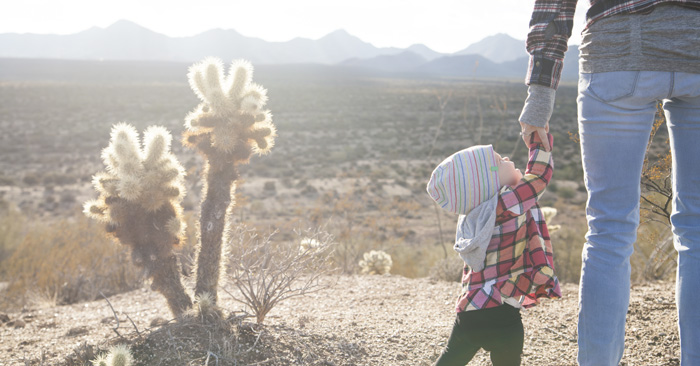
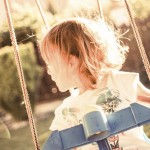
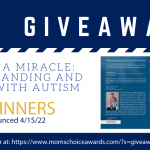
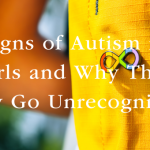
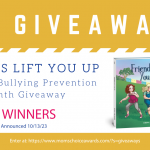
One Comment on “Being Different Is Normal: Let’s Change the Way We React to Autism”
Awareness is the key,there are so many children with autism in our Communities!